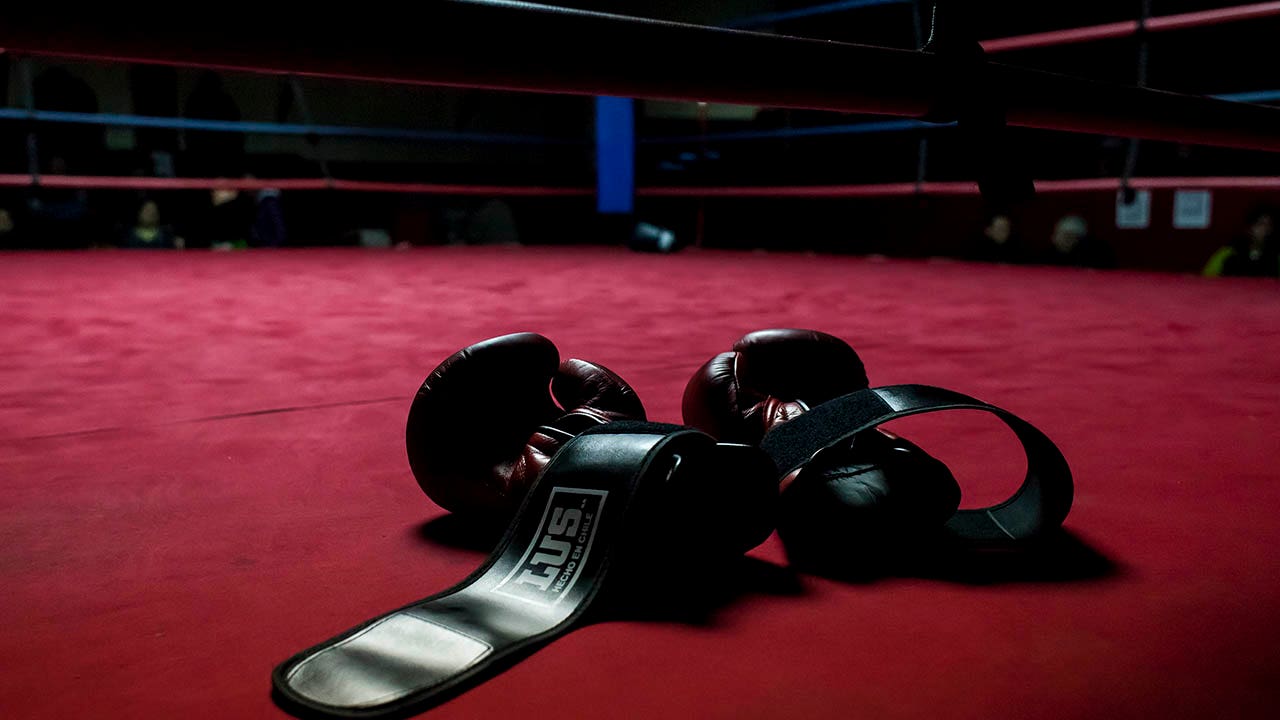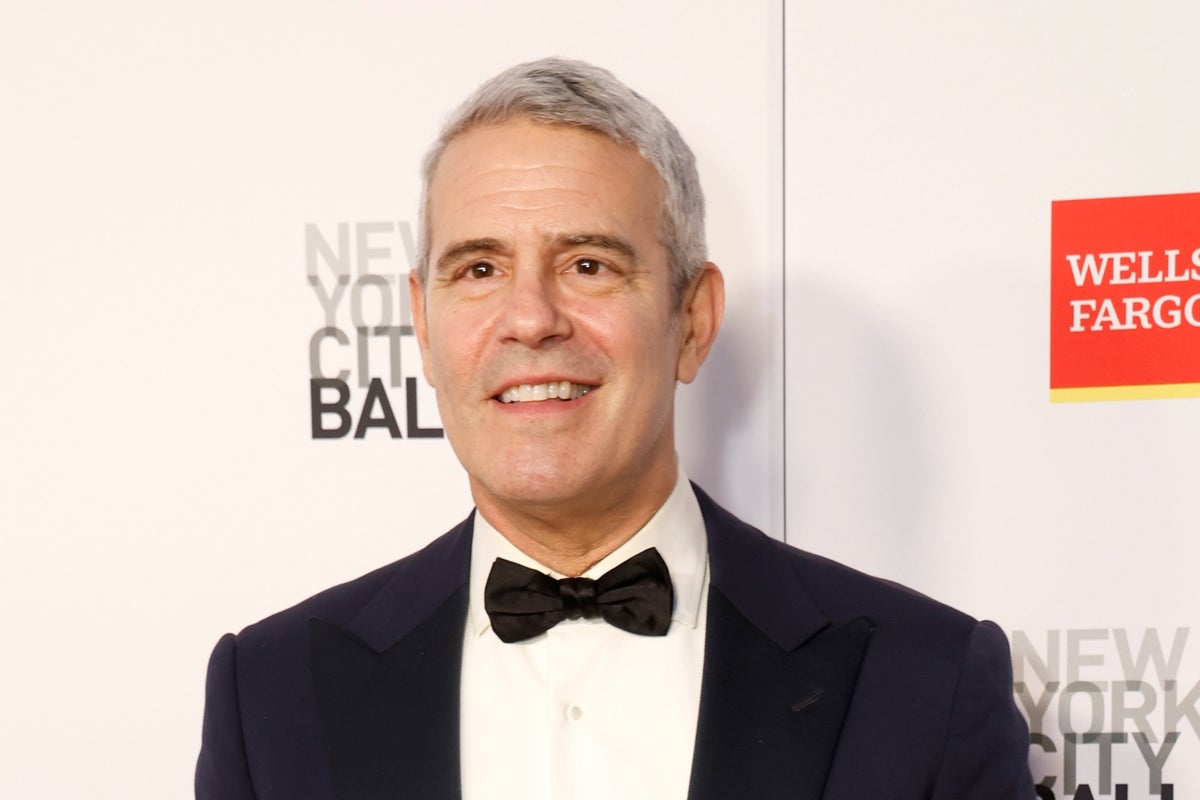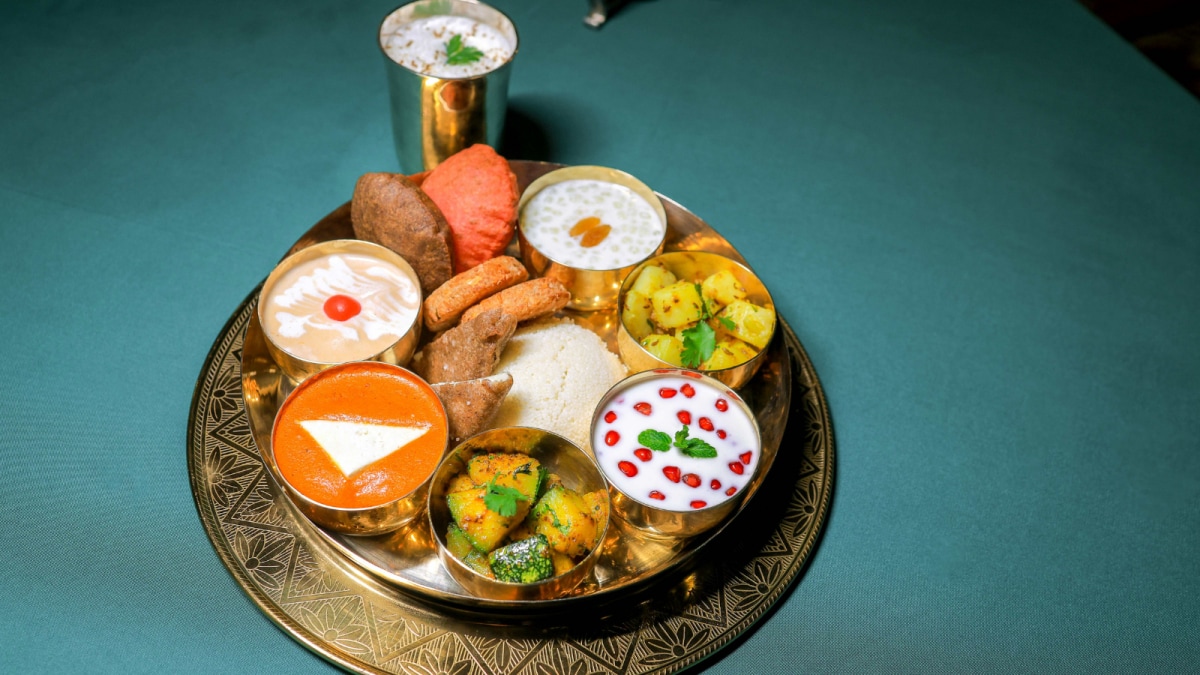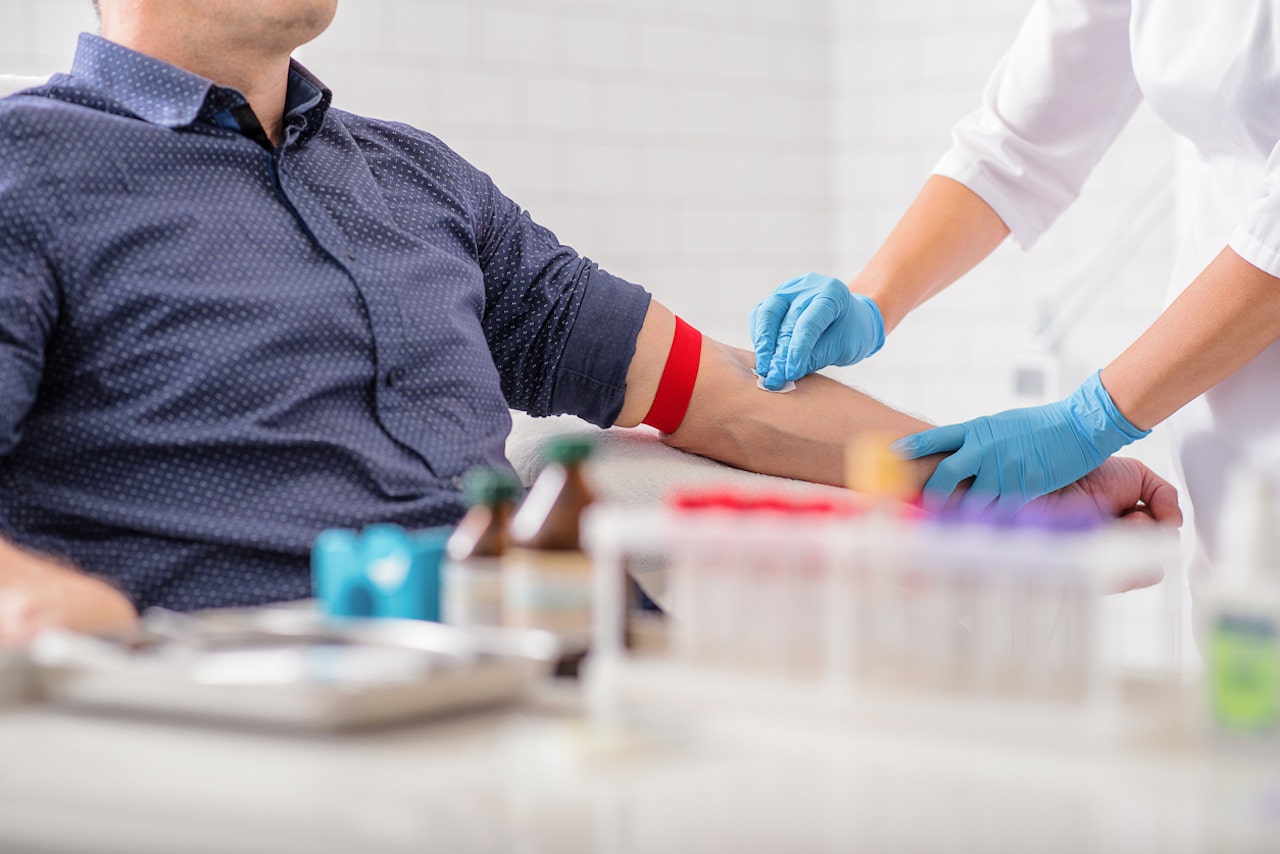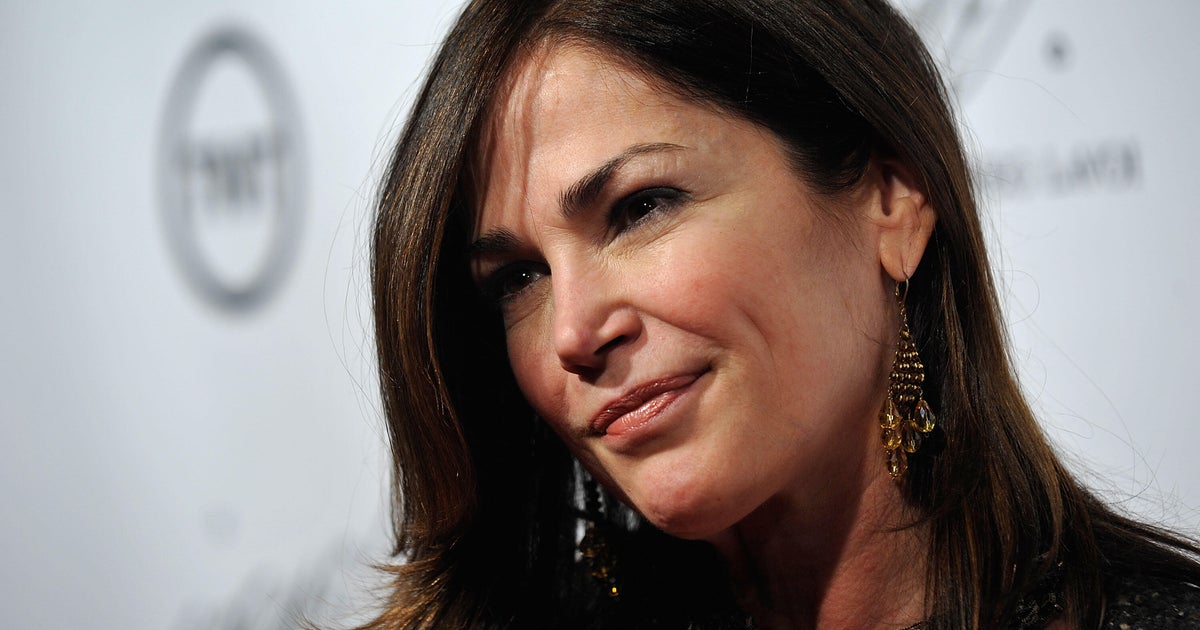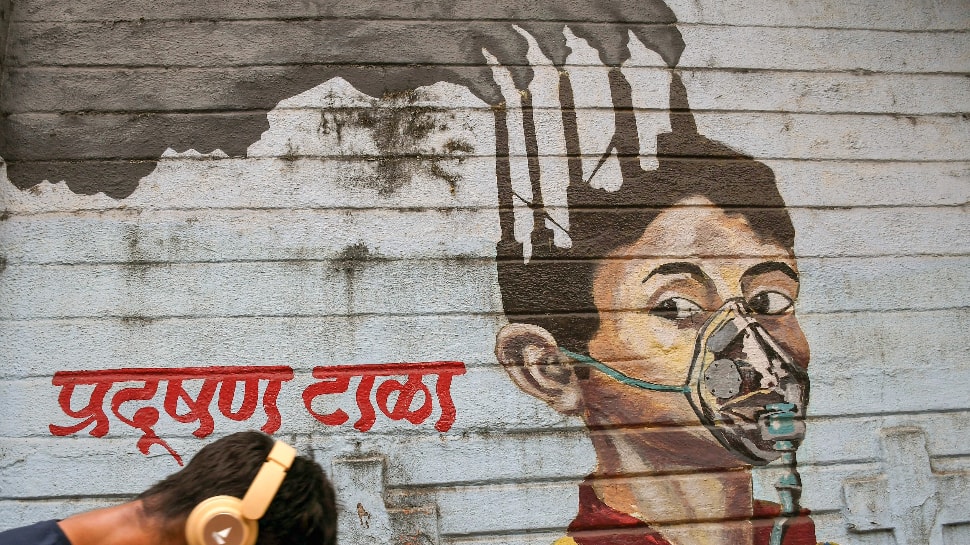As Diwali celebrations peak, card parties bring a spread of tempting sweets and snacks. The festive allure, coupled with chilly weather, enhances the Diwali charm. However, overindulgence and smog can jeopardize well-being, disrupting the festive spirit. It’s crucial to exercise caution in daily activities to safeguard your health and sustain the festive joy.
Post-Diwali, Delhi-NCR’s air quality has significantly deteriorated, falling into the ‘poor’ category on Monday, according to the Central Pollution Control Board (CPCB). This comes after the city was engulfed in a thick layer of smog following the bursting of firecrackers on Diwali night.
What is the Effect of Post-Diwali Pollution?
1. Long-term Health Impacts
Prolonged exposure to air pollution is a leading cause of respiratory issues, contributing to cardiovascular problems, pulmonary insufficiency, and chronic asthma. Pregnant women are particularly advised to avoid strenuous activity in areas with poor air quality, as prolonged exposure may lead to complications.
2. Environmental Effect
Air pollution is contributing to a global rise in temperatures, resulting in the melting of icebergs and glaciers in polar regions. The annual melting of 1.2 trillion tonnes of ice translates into water that directly flows into our oceans. The long-term consequences of air pollution from fireworks have the potential to exacerbate the climate crisis, posing a serious threat to our environment.
Common Health Problems During Festivals
Dr Farah Ingale, Senior consultant Physician & Diabetologist, Fortis Hiranandani Hospital, Vashi, Navi Mumbai shares
1. Overindulgence and Digestive Woes
Diwali’s festive cheer brings with it a tempting array of snacks and sweets, making overeating almost irresistible. Indulging in these treats can lead to digestive issues, including acid reflux and bloating. Outdoor feasting might even bring unwelcome companions like vomiting and food poisoning.
2. Sleep Struggles Amidst Diwali Celebrations
The joyous Diwali celebrations often lead to late-night gatherings, disrupting our natural sleep cycle. Irregular sleep patterns not only affect mood but can also have serious implications for heart and brain health if prolonged.
3. Festive Heart Syndrome
The hustle and bustle of Diwali preparations involve extensive physical activity, potentially straining the heart. Combined with indulging in fried foods, this can lead to what is known as the “festive heart syndrome,” increasing the risk of heart-related complications, including heart attacks.
4. Alcohol, Smoking, and the Impact on Blood Pressure
Moderation is key when it comes to festive drinks, whether alcoholic or not. Consuming beverages on an empty stomach can cause fluctuations in blood sugar and blood pressure levels. For those dealing with diabetes or hypertension, avoiding alcohol is essential. Additionally, social smoking, often prevalent during festive gatherings, can pose significant health risks that should not be ignored.
5. Breathing Woes Amidst Festive Cheer
As Diwali approaches, air pollution becomes a prevalent concern, particularly in the Delhi-NCR region. Those with asthma or other respiratory issues may experience heightened discomfort, sometimes necessitating emergency medical attention. Noise pollution, amplified by loud music and firecrackers, not only affects humans but also takes a toll on animals, emphasizing the need for a balanced and considerate celebration.












